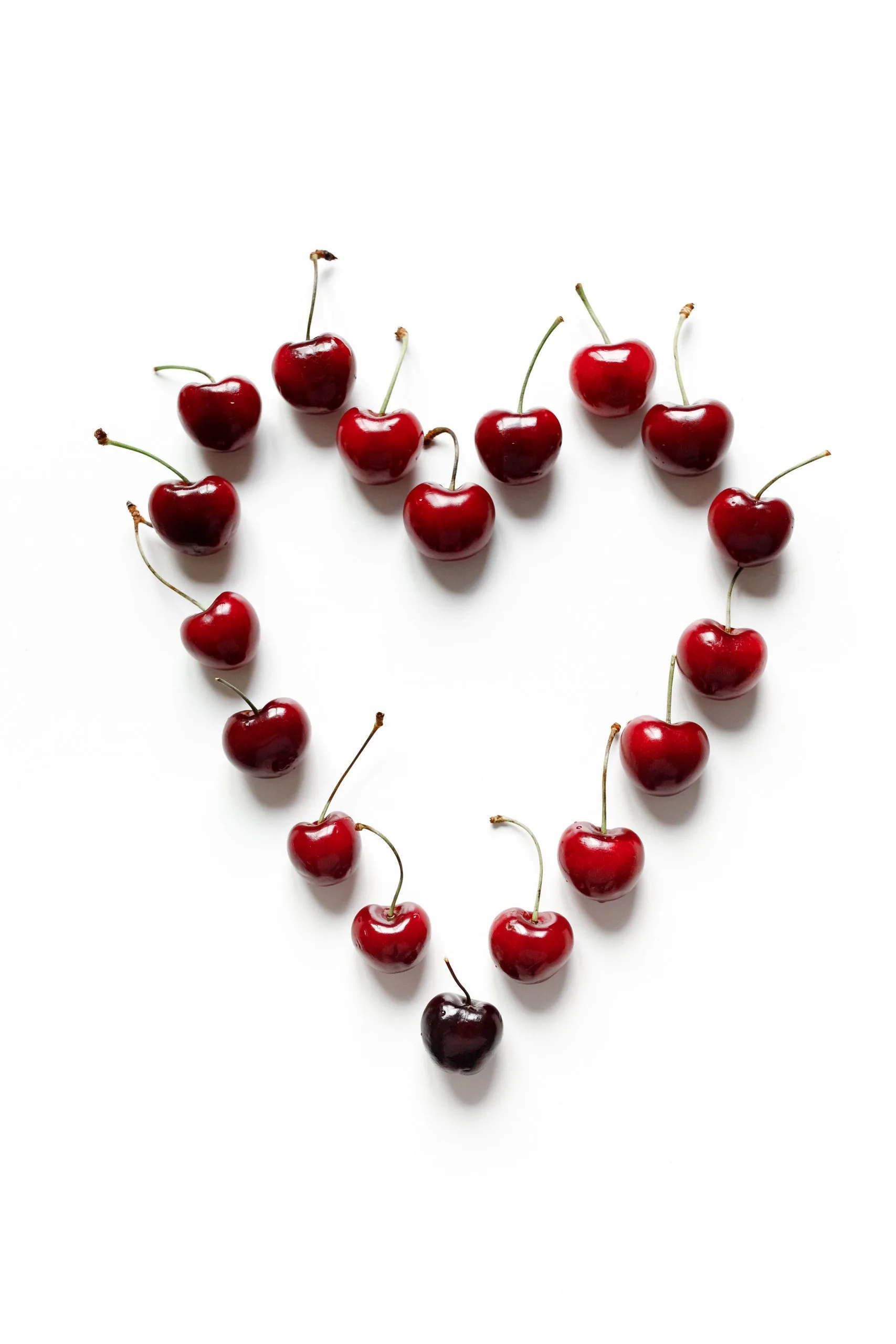It’s important to eat a healthy diet, so your body will be prepared to fight off illnesses, and you can stay in optimal health. Have you thought about the relationship between food and signs of aging? Food contains nutrients that our bodies need to function properly, and those same nutrients help keep us looking and feeling young. If you are trying to fight the signs of aging the healthy way, be sure to keep some of these things in mind.
Aging Well with Food
Skin and Hair
Your skin and hair are often the first parts of the body that show signs of aging. As we age, our skin loses elasticity, and we notice more fine lines and wrinkles. Age spots can also appear. Hair can start to thin and turn gray. In some cases, balding can occur. While these things are all inevitable, there are certain foods that can help fight these signs of aging and help you look youthful and vibrant.
Foods like berries are rich in antioxidants and flavonoids that can help the body and the skin remove toxins that can cause premature aging. Avocados are also packed with nutrients and have anti-aging properties that can help keep skin supple and moisturized. Other foods that are good for the skin and hair include yogurt, dried fruits and nuts, and watermelon. These foods are great for healthy snacking.

Photo by Antonika Chanel on Unsplash
Bone Health
Bone health can change as we age and finding foods that can help reduce the loss of bone density and help make bones stronger is important. Foods that are rich in calcium, vitamin D, and omega-3s are all great at helping to improve bone health.
Stronger bones mean you won’t have to worry about suffering from osteoporosis or an injury, and can enjoy all the things that keep you feeling young. Some examples of these tips of food include cranberries, extra virgin olive oil, and yogurt.
Lung Health
Your lung health can change with age and can be one of the most obvious physical signs of aging. Your lungs may have reduced capacity, and you may become short of breath more easily. This can make it hard to exercise and participate in your favorite sports and activities.
Eating foods packed with antioxidants and polyphenol. These foods can help increase blood flow to the lungs, reduce inflammation, and even help cleanse the lungs. Some examples of lung-health foods include peppers, ginger, garlic, onions, and beets.
Digestive Health
Most people notice changes in their digestive health as they age. These signs may not be obvious at first, but they can become worse over time. You may notice that you are unable to digest certain foods or that you become constipated or experience diarrhea more often than usual. There are foods that can help soothe your digestive tract and even reset it, so you feel better and are able to enjoy your favorite foods.
Whole grains, leafy greens, and lean proteins are all good for the digestive tract. Snacking on foods like pineapple, berries, coconut, melon, and bananas will help keep your digestive system regular. It may also help reduce fatigue, abdominal pain, and other symptoms of digestive problems.
Heart Health
Heart health is important at any age, but if you neglect it when you are young, you will likely notice it earlier in life. When your heart isn’t functioning as it should, it takes a toll on your whole body. You may notice you are tired, short of breath, and experience swelling in your arms and legs.
It can also affect your physical appearance. Reduced blood flow can prevent your skin from repairing itself regularly. This can lead to more obvious fine lines and wrinkles. It can also cause red spots and age spots.

Photo by Nataliya Vaitkevich from Pexels
If you are experiencing any of these signs of aging and want to find a way to fight back and stay youthful, be sure to consider how your diet could be affecting your overall health. It’s clear that certain foods keep you healthier, and it’s important to know what foods can help reduce the signs of aging and not only improve your health but your physical appearance as well.





![women [longevity live]](https://longevitylive.com/wp-content/uploads/2020/01/photo-of-women-walking-down-the-street-1116984-100x100.jpg)









